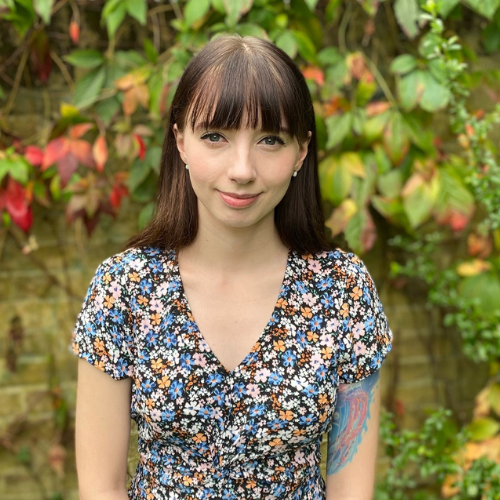At Commonplace, we are always committed to creating a diverse and inclusive environment. As part of our team’s ongoing mission to listen and learn, we recently took part in an open discussion on recognising unconscious bias with Equality and Diversity UK.
The session had several aims:
- Raising an understanding of the difference between bias, prejudice and stereotyping
- Exploring unconscious bias in the workspace and why it matters
- Exploring how unconscious bias affects important decision making
After learning about and discussing each carefully, we considered how they could potentially affect our working environment. For example, what the different types of unconscious bias in the workplace were and the impact it can have on decision making. We also saw how unconscious bias can be recognised and managed in important activities like recruitment, communications, leadership and marketing.
Unconscious bias is an immediate, snap decision made about new people. It is purely instinctual and happens faster than we can comprehend- even as quickly as 30 milliseconds. While a short assessment, it can make a huge influence on how we respond to new people that we meet.
The workshop was a place of reflection, self awareness and development, as well as a platform for all demographics to talk about biases they may have seen in their career. Commonplace understands that for development to be made, all voices must be heard on our engagement platforms. We want to progress this conversation by understanding the structural bias seen in today's society and build on strategies that will improve engagement for all communities.
We will do this by:
- Using shared understanding: Working on how we communicate our projects e.g developing new and more accessible survey questions
- Reaching broader audiences: Widening the range of demographic groups we engage with
- Positive participation: Openly discussing the types of bias and how they can be avoided in any decision making process.
- Inclusive planning: Actively widening our goals and values to drive a platform where everyone is heard.
By having an open discussion about recognising unconscious bias; we hope to help people engage with as many different people as possible when it comes to planning developments in local communities. We want to make sure that we are always receptively listening and asking our audiences what they need to be properly included is a big part of that strategy. The whole community should be represented when running a consultation, and taking a moment to asses your own unconscious biases is a good place to start.
If you'd like to learn more about creating a more inclusive survey when engaging your community, simply get in touch or book a free Commonplace demonstration below.
.png)

